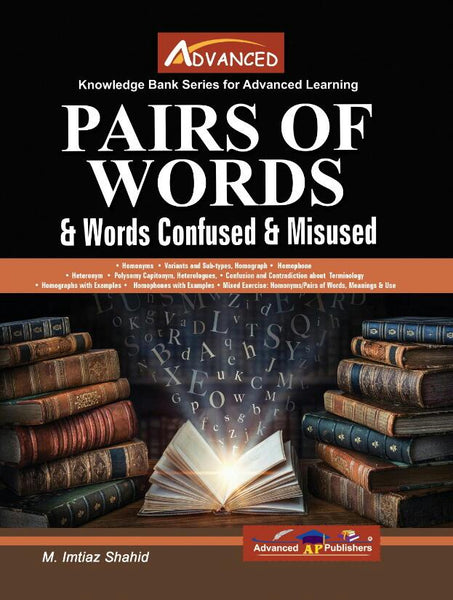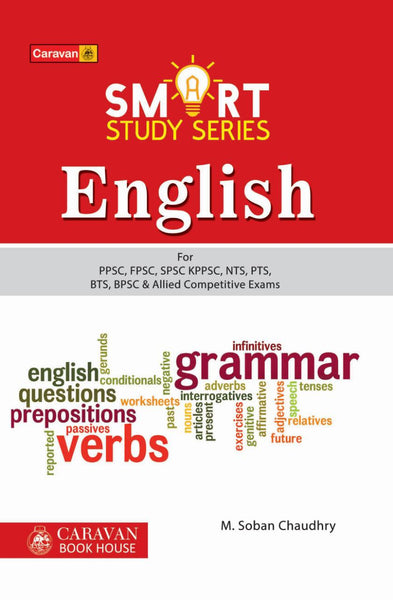Prometheus Unbound by Percy Bysshe Shelley – Kitab Mahal
- Publisher: Kitab Mahal (Pvt) Ltd , KM
- Availability: In Stock
- SKU: 43270
Rs.220.00
Rs.270.00
Tags: 19th-century literature , BS , BS Literature , Critical Studies , dramatic poetry , English , English fiction , Greek mythology , historical context , human liberation , human progress , human spirit , imaginative literature , Kitab Mahal , Kitab Mahal (Pvt) Ltd , KM , literary study aids. , Percy Bysshe Shelley , philosophical drama , political allegory , political revolution , Prometheus , Prometheus Unbound , Romantic beliefs , Romantic heroism , Romanticism , Shelley's idealism , Shelley’s poetry , suffering and redemption , Text , tyranny , tyranny and oppression , Urdu Tarjama , With Urdu Translation
Prometheus Unbound is one of Percy Bysshe Shelley’s most celebrated works. It is a lyrical drama that explores profound themes of freedom, rebellion, and the human condition. Written in 1818 and published in 1820, it is an allegorical representation of the struggle for human liberation and an exploration of the power of love, imagination, and reason. The play is heavily influenced by Greek mythology, particularly the myth of Prometheus, who defied Zeus (Jupiter) to bring fire to humanity.
Key Features of the Book
-
Full Text of Prometheus Unbound:
- This edition contains the complete text of Prometheus Unbound, which is divided into four acts. The work is a lyrical drama that blends elements of classical mythology, philosophy, and Romantic ideals.
- The central figure, Prometheus, symbolizes the defiance of oppressive authority and the quest for human liberation. Shelley presents Prometheus as a hero who suffers for his benevolent act of giving fire to humanity, but whose eventual release represents the triumph of love and reason.
-
Allegorical and Philosophical Themes:
- The work is filled with allegories that reflect Shelley's political and philosophical beliefs. It advocates for the overthrow of tyrannical systems, whether they be political, religious, or social.
- Freedom and Rebellion: The central conflict revolves around Prometheus’ rebellion against Zeus, symbolizing the struggle for human freedom and the fight against oppression.
- Love and Redemption: Shelley emphasizes the power of love to redeem and transform. In the final acts, Prometheus is freed from his suffering by the force of love and forgiveness.
- Humanism and Optimism: Shelley's Prometheus represents the triumph of the human spirit over adversity, showcasing the importance of imagination and reason in achieving human progress.
-
Critical Studies and Analysis:
- This edition includes critical studies that analyze Shelley's work from multiple angles, including its philosophical underpinnings, literary structure, and historical context.
- Political Allegory: The work can be interpreted as an allegory of the struggle for political and social justice, reflecting Shelley's radical beliefs. The tyrannical Zeus can be seen as a symbol for oppressive political systems, while Prometheus represents the revolutionary spirit.
- Romantic Idealism: Shelley’s Romanticism is evident in the idealized portrayal of Prometheus as a suffering yet heroic figure. The play reflects the Romantic emphasis on individualism, imagination, and the power of nature.
-
Urdu Translation:
- The edition includes a full Urdu translation of Prometheus Unbound, making the play more accessible to Urdu-speaking readers. The translation captures the essence of Shelley's language and philosophical depth while adapting it for a different linguistic and cultural context.
- The inclusion of Urdu translation ensures that readers can better understand the complex themes and rich imagery in the text, making it a valuable resource for students and literature enthusiasts.
-
BS Literature Companion:
- This edition is specifically designed for BS Literature students, aligning with university syllabi and providing the necessary tools for academic study.
- It includes study guides, summaries, and questions for discussion, helping students understand the major themes, characters, and literary techniques used by Shelley. The critical studies provide a deeper understanding of the philosophical and historical context of the work.
Themes in Prometheus Unbound
- Freedom and Tyranny: The play addresses the concept of freedom, with Prometheus standing as a symbol of resistance to tyrannical rule. His suffering is a metaphor for the price of liberation, and his eventual release symbolizes the victory of the human spirit over oppression.
- The Power of Love: Love, in this context, is portrayed as a redemptive force that can overcome even the harshest suffering and lead to spiritual and emotional transformation.
- Imagination and Reason: Shelley's work champions the role of imagination in human progress and reason in understanding and overcoming injustice. The play suggests that through imagination, individuals can transcend their suffering and achieve freedom.
- Revolutionary Idealism: Prometheus Unbound advocates for social change and the overthrow of unjust systems. Shelley's portrayal of Prometheus as a hero of revolution reflects his own radical views and desire for societal transformation.
- Human Resilience: The play underscores the resilience of the human spirit, as Prometheus endures suffering in the pursuit of a higher cause, representing the ideal of perseverance in the face of adversity.
Conclusion
Prometheus Unbound is a profound and complex work that offers insights into Shelley's revolutionary beliefs and his Romantic idealism. The combination of lyrical beauty, philosophical depth, and allegorical meaning makes it a landmark in English literature. This edition, with its full text, critical studies, and Urdu translation, provides an accessible and comprehensive study of the play for students and readers interested in exploring Shelley's themes of freedom, love, and human potential.
════ ⋆★⋆ ═══
Writer ✤ Percy Bysshe Shelley
Publishers ✤ Kitab Mahal (Pvt) Ltd , KM

























